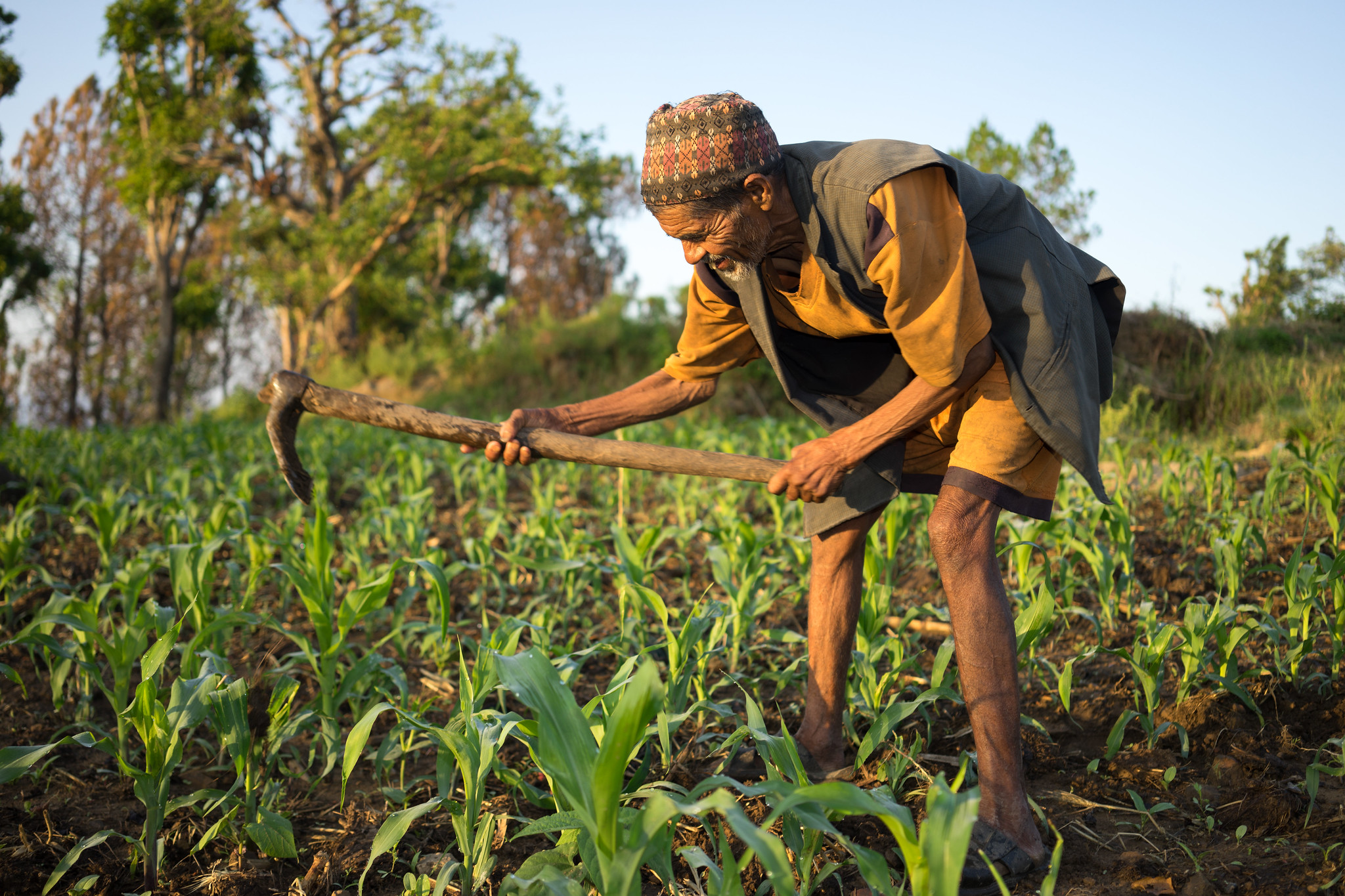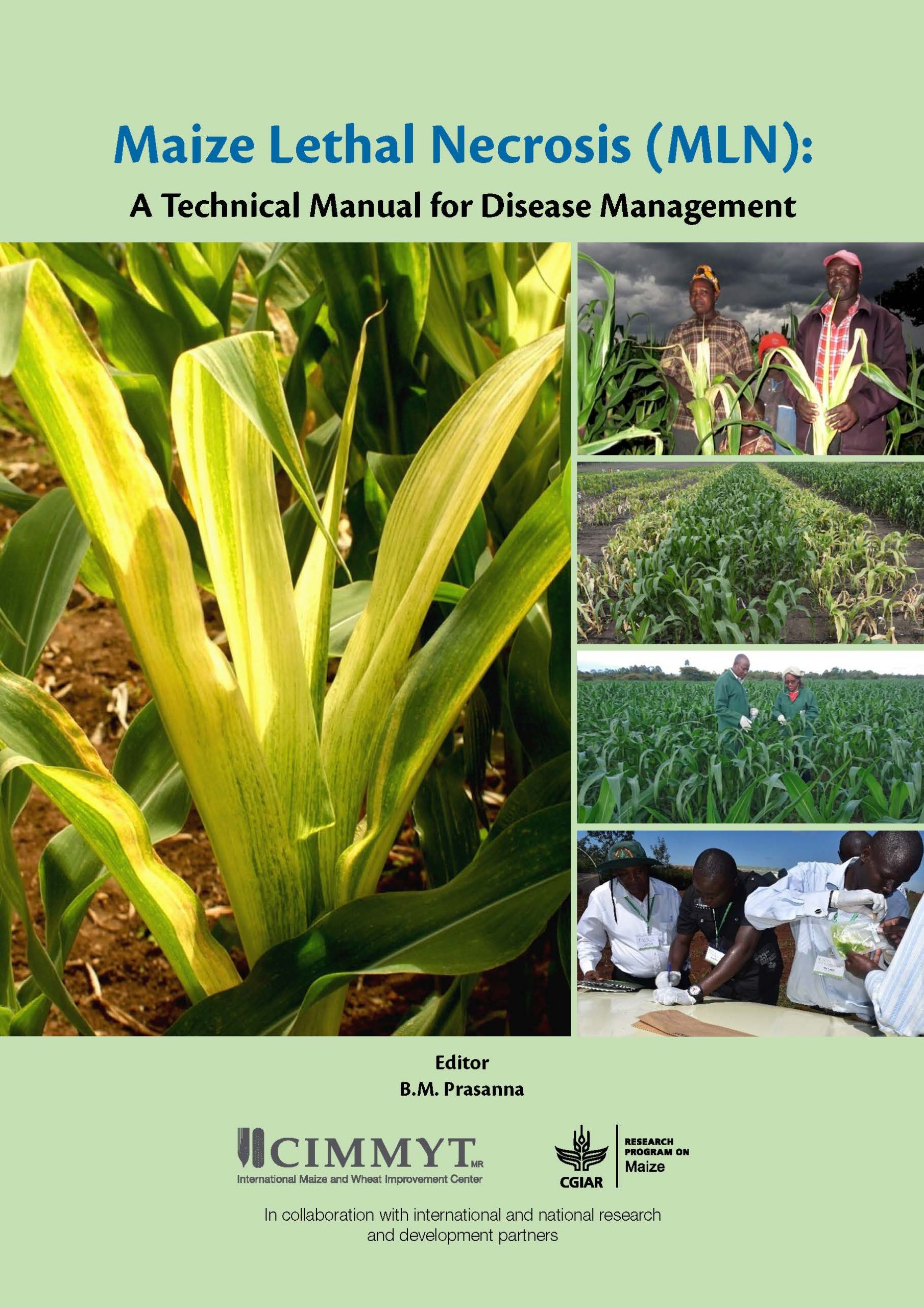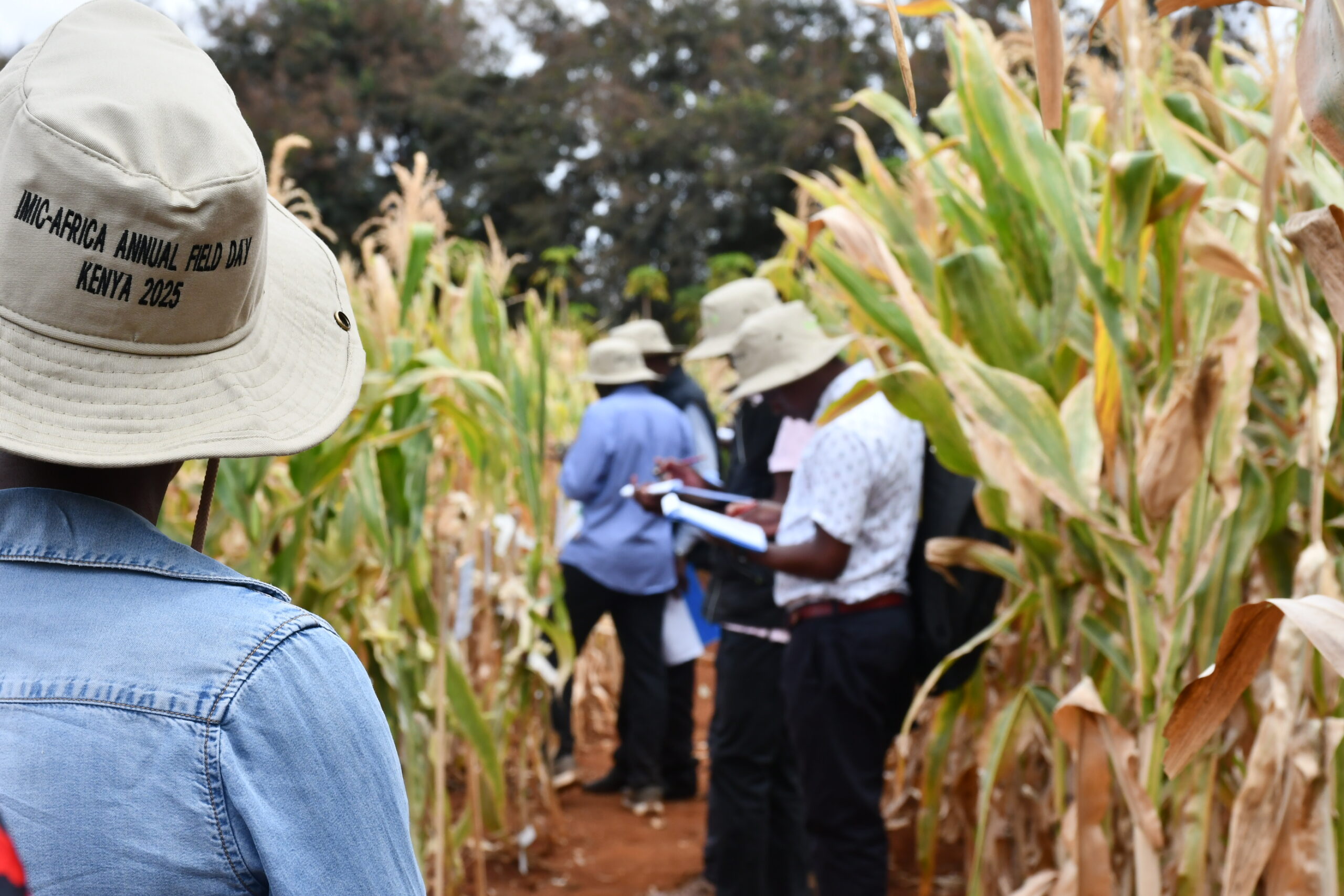
The Annual International Maize Improvement Consortium for Africa (IMIC-Africa) Field Day brought together seed companies, breeders, and researchers from across the continent to explore maize innovations and strengthen collaboration. Over the two days at KALRO-CIMMYT’s Kiboko and Naivasha research stations, participants observed over 800 lines of elite hybrids, selected promising lines, and shared perspectives on the future of maize breeding in the region.
Field selections at Kiboko: Seeing and choosing firsthand
At Kiboko, rows of trial plots showcased CIMMYT maize hybrids bred for resilience and productivity. Participants evaluated materials spanning the breeding pipeline — from early-stage experimental lines to advanced hybrids close to commercialization — ensuring that companies could select options that fit their local conditions and farmer needs.
Selections focused on traits most critical to African maize systems:
- High yield potential
- Tolerance to drought and low soil fertility
- Resistance to Striga
- Pest tolerance, including Fall Armyworm (FAW)
- Disease tolerance, including MLN, GLS, and TLB
Direct exposure to germplasm at the field days proved far more valuable than remote requests for inbred lines. For companies beginning their own breeding programs, seeing and selecting materials firsthand provided confidence in the direction of their work.
For Proceed Seed Company of South Sudan, the event also marked an opportunity to deepen a young but promising partnership: “We have already released one variety in South Sudan with CIMMYT material and have two more under our seed trade association,” said Isaac Woja. “This field day reinforced why we look to CIMMYT — not only for germplasm, but for capacity building, exposure, and the chance to pioneer hybrid seed production in our country.”
The day concluded with the IMIC-Africa General Body Meeting, where members reflected on germplasm selections, reviewed the hybrid evaluation network, discussed training opportunities, and elected representatives to the steering committee.
Naivasha: Building disease resilient maize
On day two, participants visited the KALRO-CIMMYT Maize Lethal Necrosis (MLN) Screening Facility in Naivasha, a regional hub for safeguarding Africa’s maize against one of its most devastating diseases. Breeders and scientists highlighted ongoing screening work and progress in developing MLN-resistant hybrids, while discussions emphasized the importance of integrating disease resistance traits into seed company pipelines.
“Through IMIC, we’ve been able to strengthen traits like MLN, GLS, and MSV resistance,” noted Nyasha Chivuraise from SeedCo Zimbabwe. “Our customers now see hybrids that combine yield potential with stronger disease resistance — a real improvement for farmers.”
Membership, networks, and capacity building
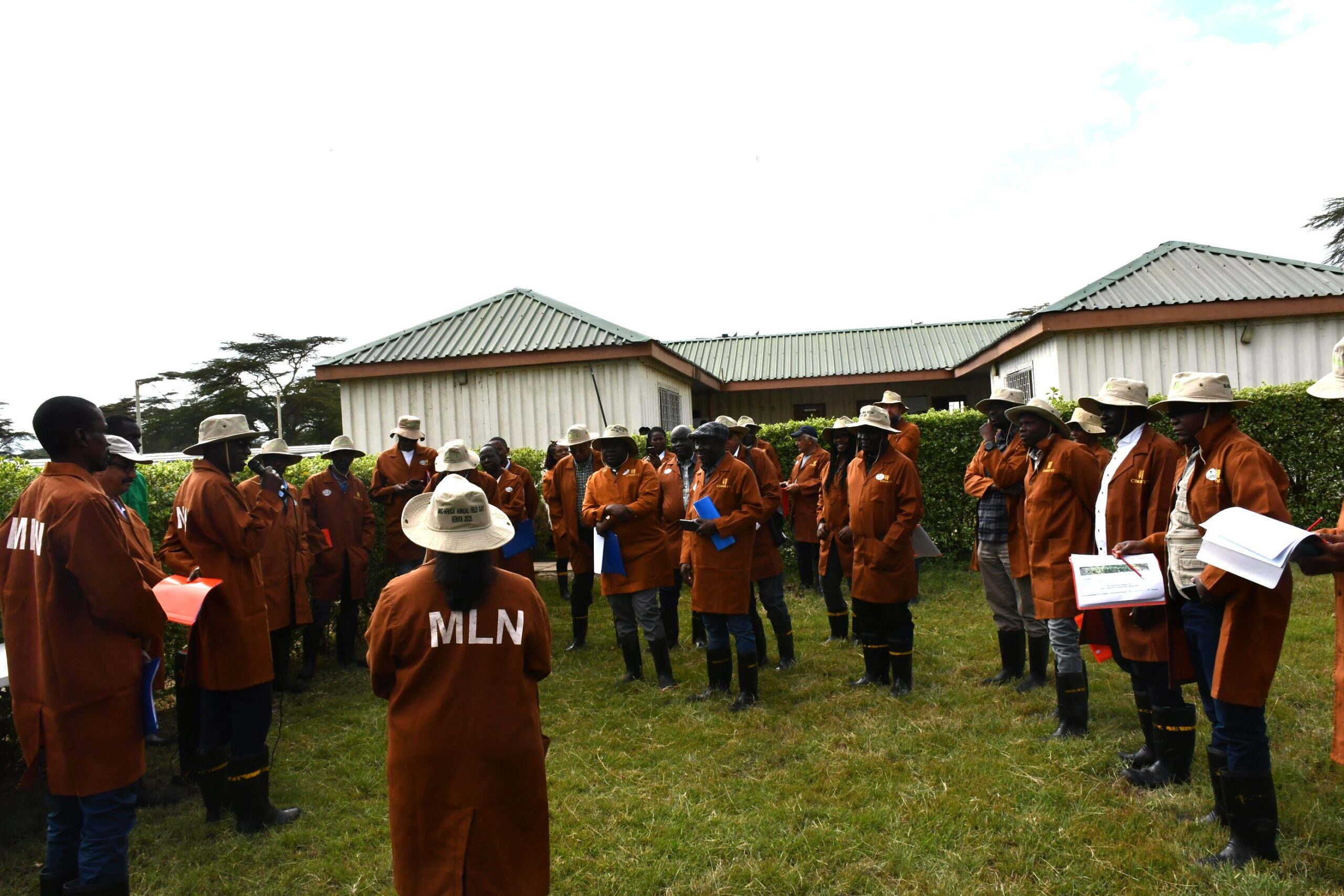
For many companies, IMIC-Africa is more than access to germplasm — it is also a platform for learning, training, and collaboration.
Western Seed Company highlighted how the field day directly informs its breeding priorities:
“The field day exposed us to a wide range of maize varieties, helping us select materials that match the needs of farmers in western Kenya. By seeing the traits firsthand — from disease resistance to maturity and yield — we can strengthen our breeding program and deliver hybrids better adapted to local conditions.”
Seedco Seed Company a member since IMIC’s inception, described how participation has shaped their pipeline: “Some of the lines we’ve taken from IMIC are already in national performance trials and close to release,” said Joseph Mito. “We’ve also benefited from training programs that improve our breeding work and help us deliver better products to farmers.”
National partnerships driving maize innovation
The field days also highlighted the importance of national research partners in advancing maize innovation. As CIMMYT’s long-standing collaborator in Kenya, the Kenya Agricultural and Livestock Research Organization (KALRO) co-hosted the event and reaffirmed the critical role of national institutions in ensuring improved varieties reach farmers.
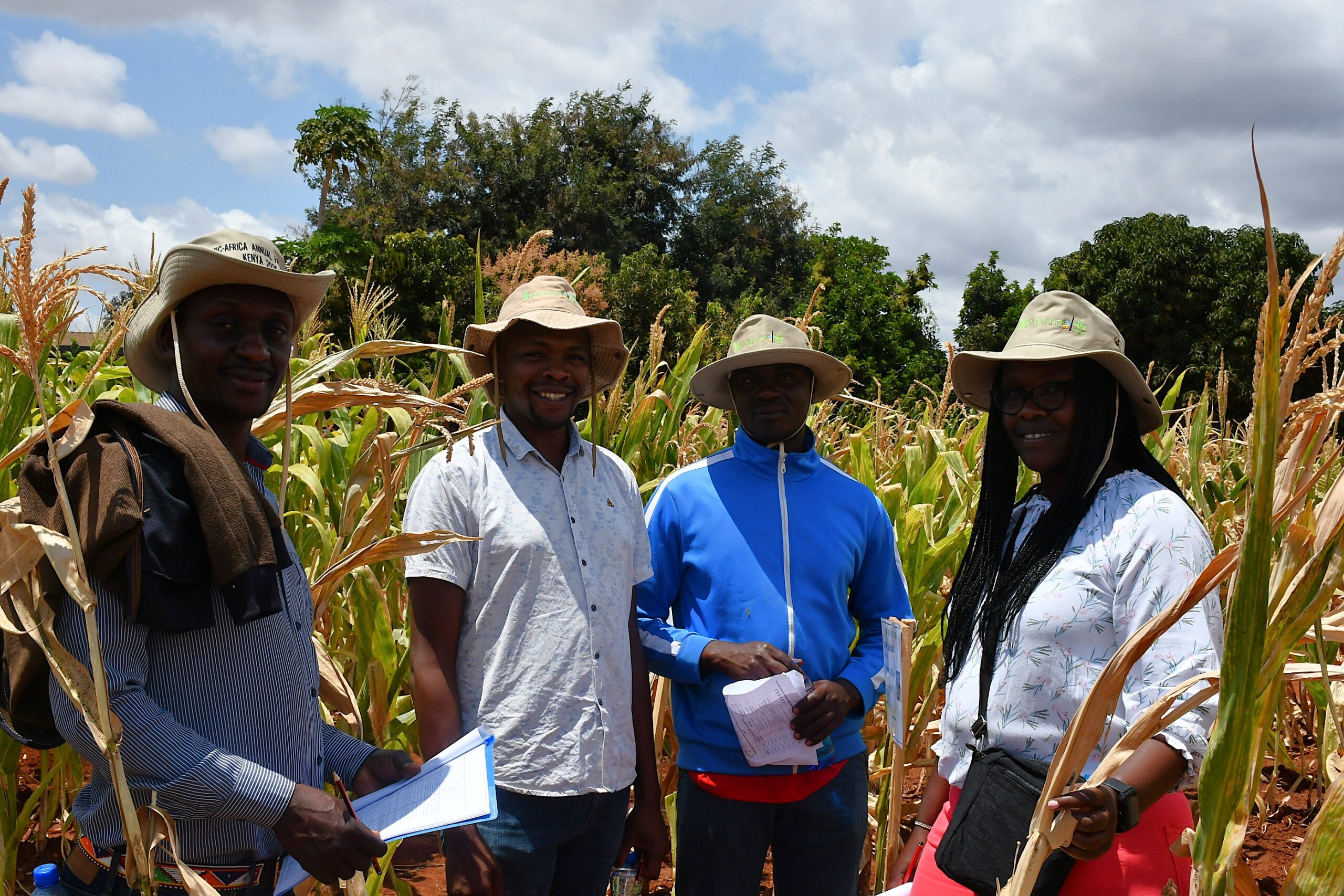
In addition to KALRO, other national partners — including the Tanzania Agricultural Research Institute (TARI), the Ethiopian Institute of Agricultural Research (EIAR), and the National Agricultural Research Organization (NARO, Uganda) — joined the field days. Their participation underscored the value of IMIC-Africa as a platform for aligning national priorities with regional and global maize research.
“Advancing seed technology is central to addressing food insecurity in Africa. Through our partnership with CIMMYT, we’re ensuring improved, resilient maize varieties move from research plots into farmers’ fields.” — Joseph Munyagi, Kenya Agricultural & Livestock Research Organization (KALRO)
Linking science, seed companies, and farmers
Whether from South Sudan, Ethiopia, Kenya, or Zimbabwe, participants shared a common appreciation for IMIC’s collaborative model. The field days not only provided access to promising germplasm but also fostered peer-to-peer learning, exposure to advanced breeding practices, and opportunities to influence research priorities.
CIMMYT’S Yoseph Beyene, summarized the impact:
“Collaboration is the foundation of maize innovation in Africa. Through IMIC, partners access materials across the breeding pipeline — from early-stage lines to advanced hybrids — carrying traits that matter most: higher yields, tolerance to drought, low soil fertility, Striga, and resistance to diseases like MLN and pests like Fall Armyworm. This is how we link science to seed companies and deliver impact for farmers and food security.”
Strengthening seed systems together
The 2025 IMIC-Africa Field Days reaffirmed the consortium’s role in delivering maize innovations that respond directly to farmers’ needs.
The presence of national partners — including KALRO, TARI, EIAR, and NARO — reinforced the central role of public research institutions in scaling innovations, ensuring that improved varieties developed through IMIC are tested, released, and adopted across diverse agro-ecologies.
CIMMYT thanks all partners and participants for their contributions and looks forward to continued collaboration through IMIC-Africa to strengthen Africa’s seed systems and food security.
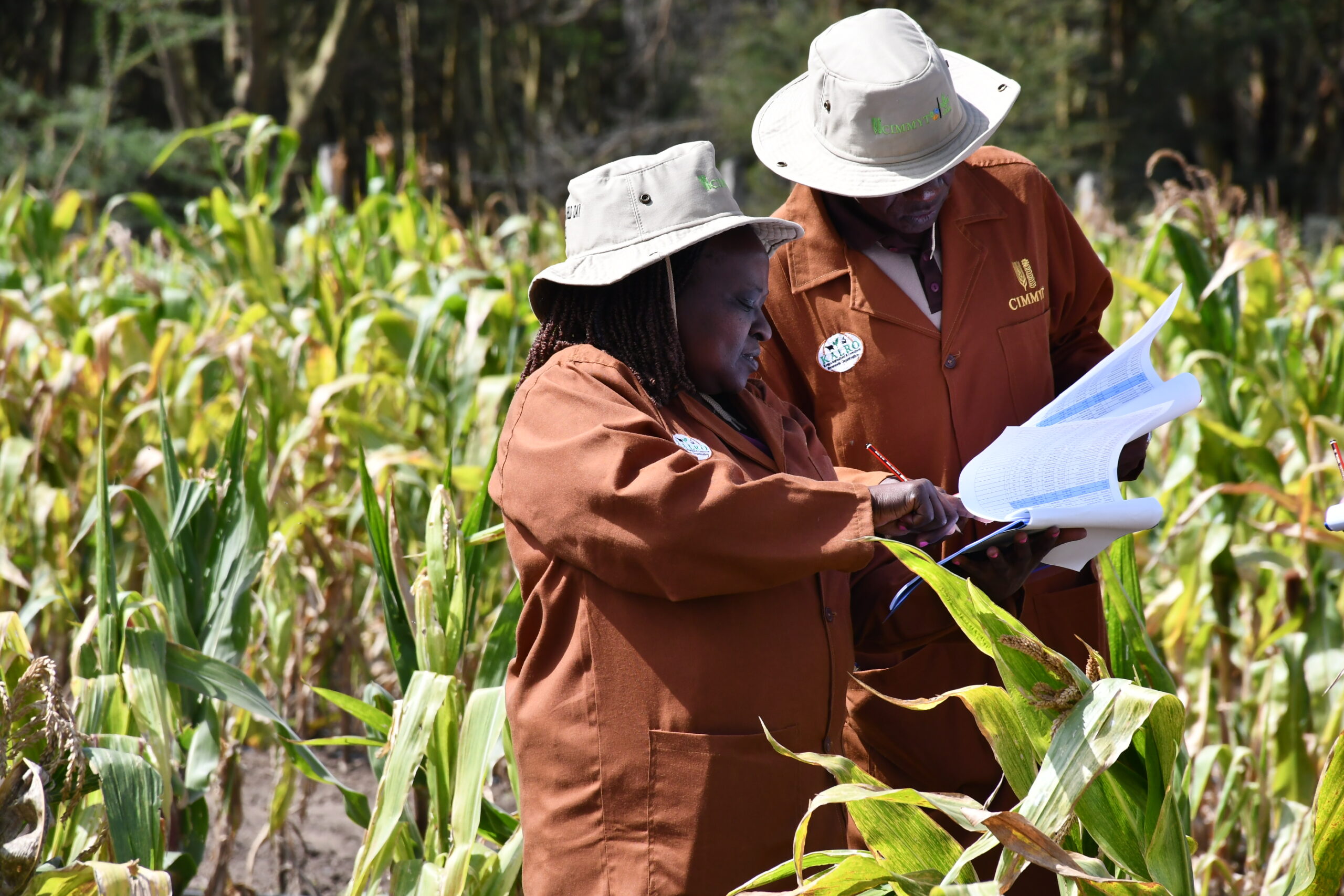
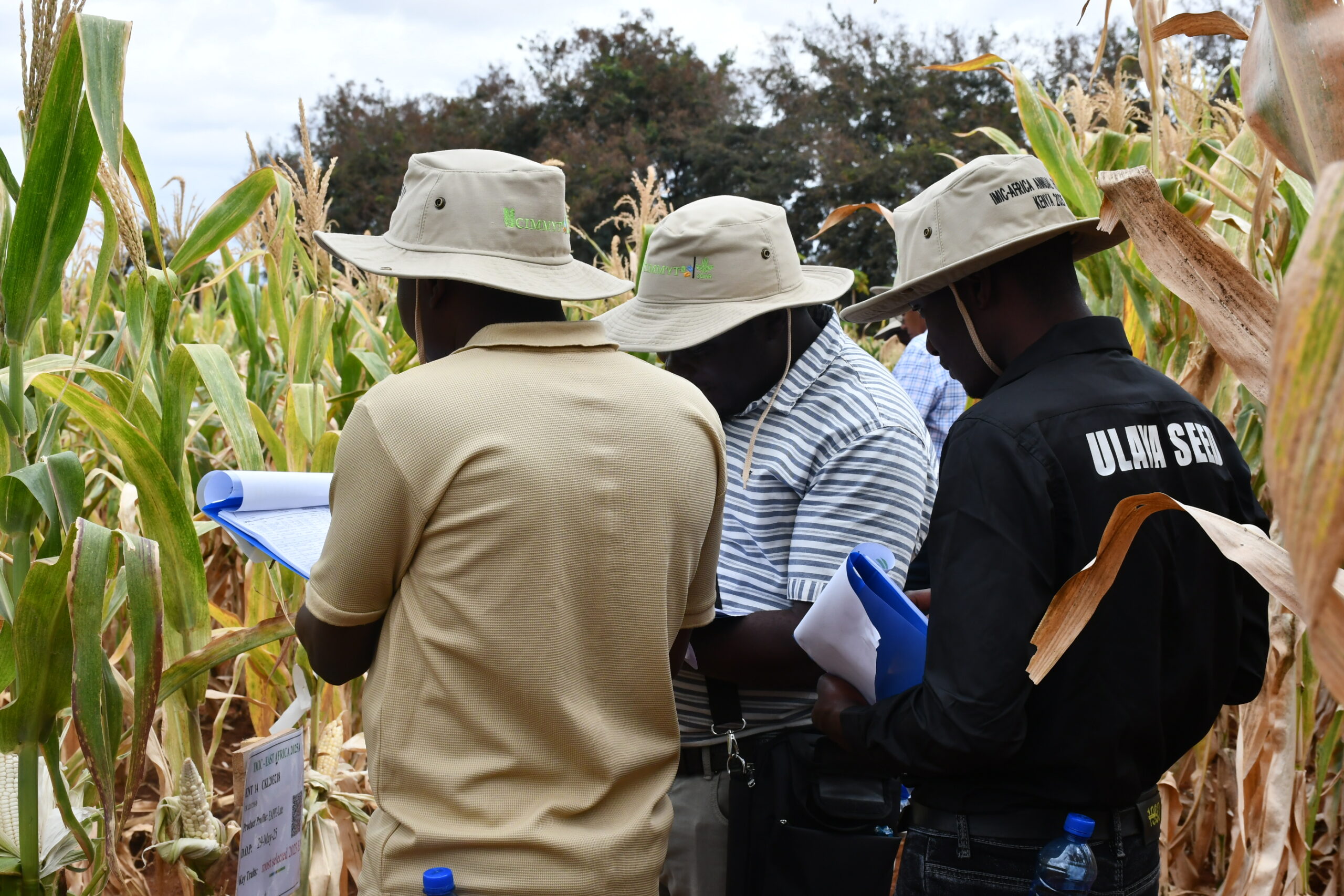
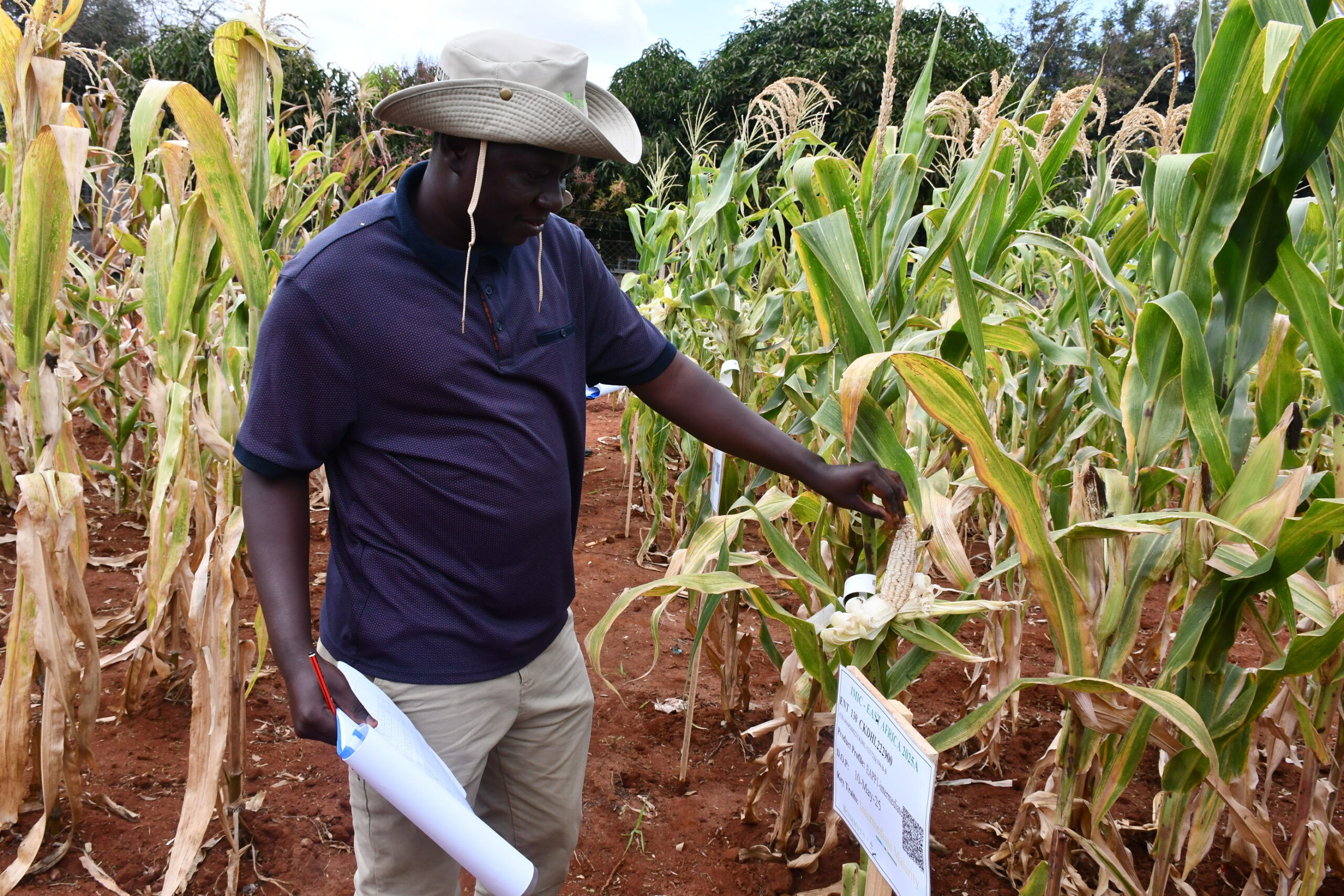
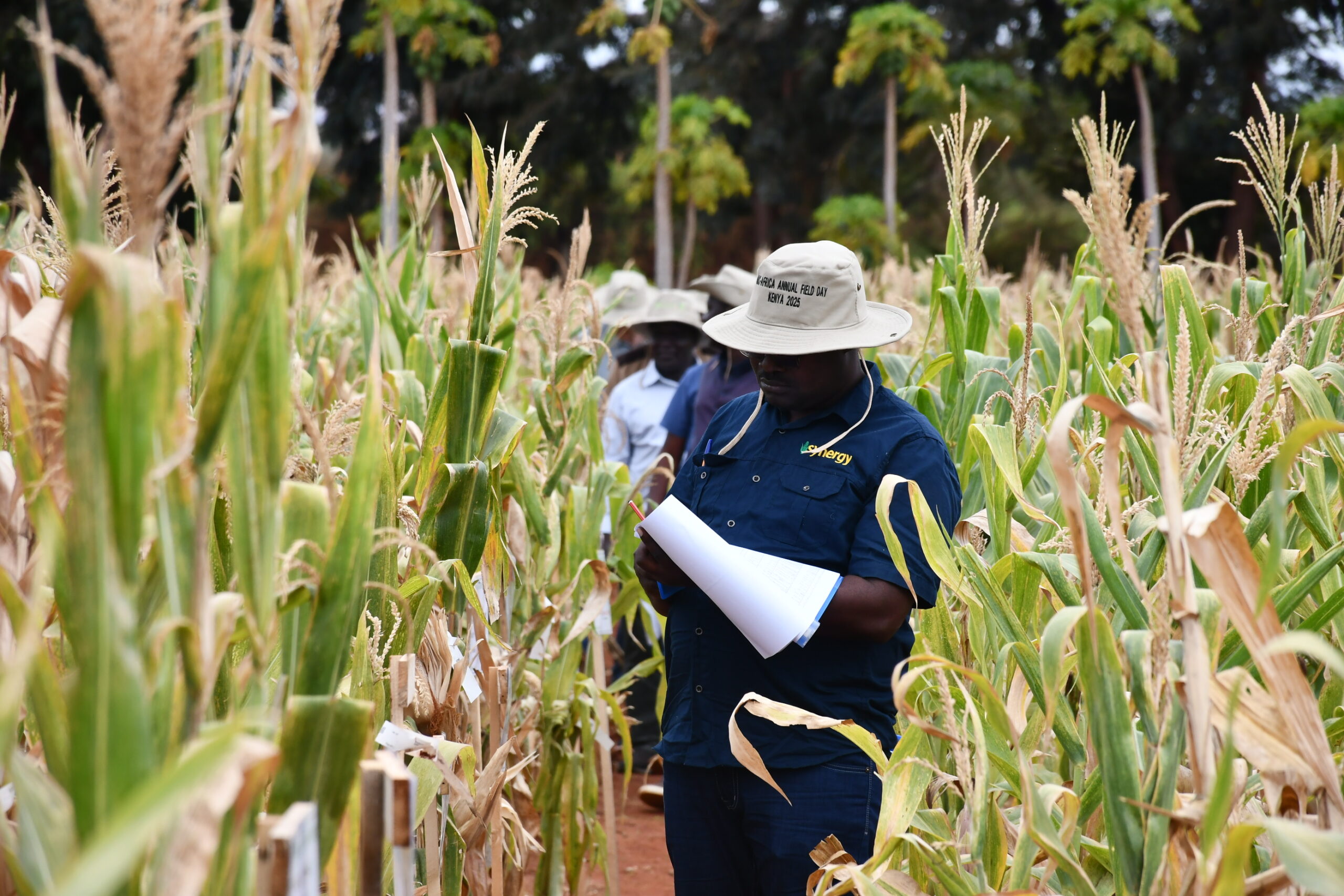
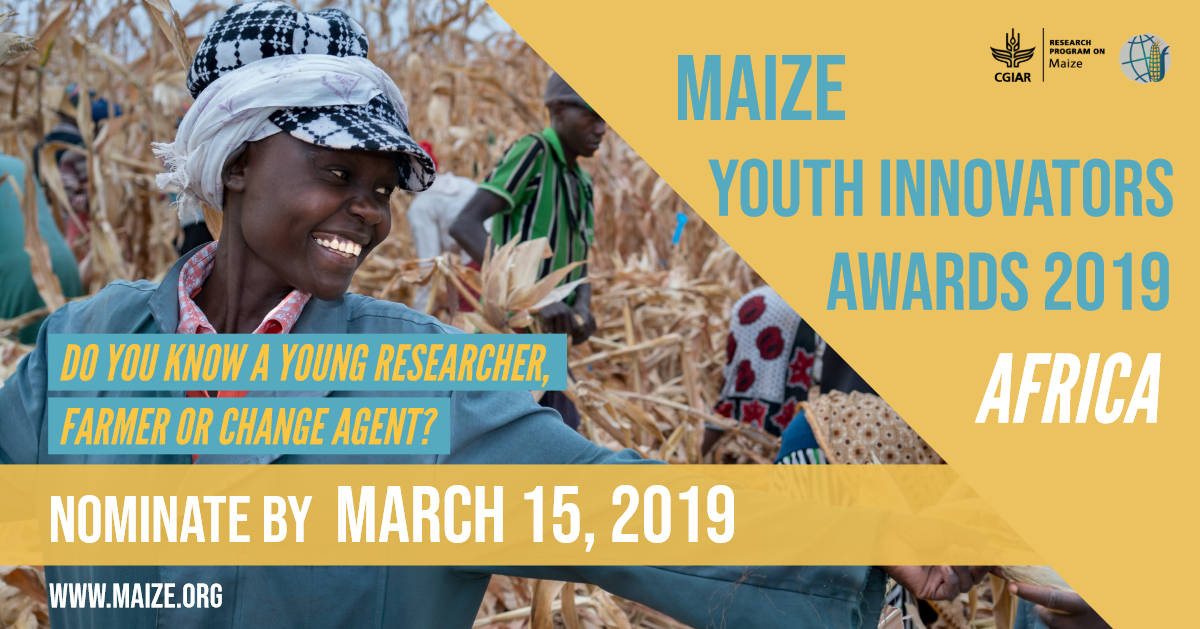
 Capacity development
Capacity development 